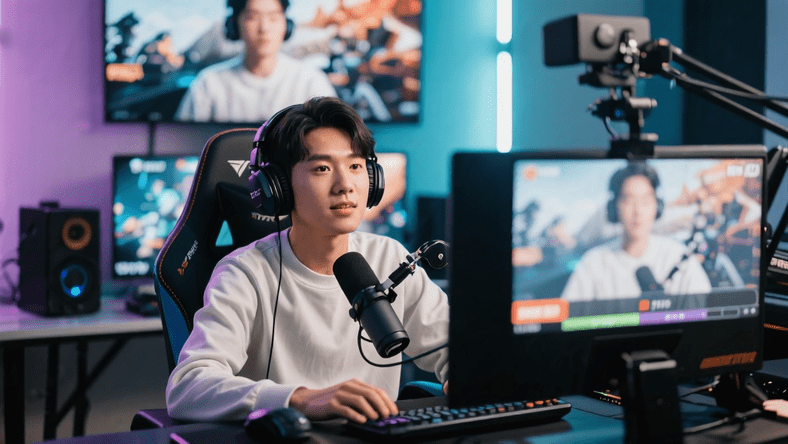In a Surprising Turn, 4 Casters Decide to Fundraise Over 1 Million Yuan
In a remarkable turn of events in the Chinese esports scene, four prominent casters have taken the initiative to raise over 1 million yuan (approximately $140,000) to purchase broadcasting rights for the Austin Major CS2 tournament – one of the largest events in the Counter-Strike community. It’s noteworthy that this significant amount is not funded by any broadcasting network or sponsor, but entirely through the casters’ own fundraising efforts.

Initially, many people believed that this was a risky move, especially as the livestream gaming market shows signs of contraction, with viewers becoming increasingly dispersed and advertising costs on a downward trend. The decision of these casters to raise funds to “purchase broadcasting rights” seems to contradict the ongoing downturn.
However, behind this seemingly reckless decision lies a carefully calculated strategy. Those familiar with the industry and aware of their fan base understand that securing broadcasting rights for a major tournament can significantly enhance viewer engagement, increase donations, interactions, advertising revenue, and even bolster personal brand recognition. Additionally, they also receive a portion of sponsorship funds from partnering gaming companies, helping to offset costs and create additional revenue streams through product promotion.

The results of this endeavor have already proven to be effective. Not only have they recovered their investment, but all four casters also gained a significant increase in viewership, with audiences growing increasingly engaged and sponsorship deals coming in after the tournament. Moreover, their fans even formed a fundraising group, supporting the financing of broadcasting rights for upcoming tournaments.
Self-Sufficiency, Independence, and Major Success
The story of these four Chinese casters has quickly become a hot topic in the esports broadcasting community. Many people regard it as a “cold calculation,” but there are also numerous opinions suggesting that this is a necessary direction as the content industry increasingly emphasizes personal branding and self-sufficiency.

Not being entirely dependent on traditional funding allows casters to have greater control over content, schedule, presentation, and most importantly, profit margins. They can potentially shift from being viewed as mere entertainers in a profession to being recognized as independent creators who dare to think differently and innovate.
Source: Huxiu




















